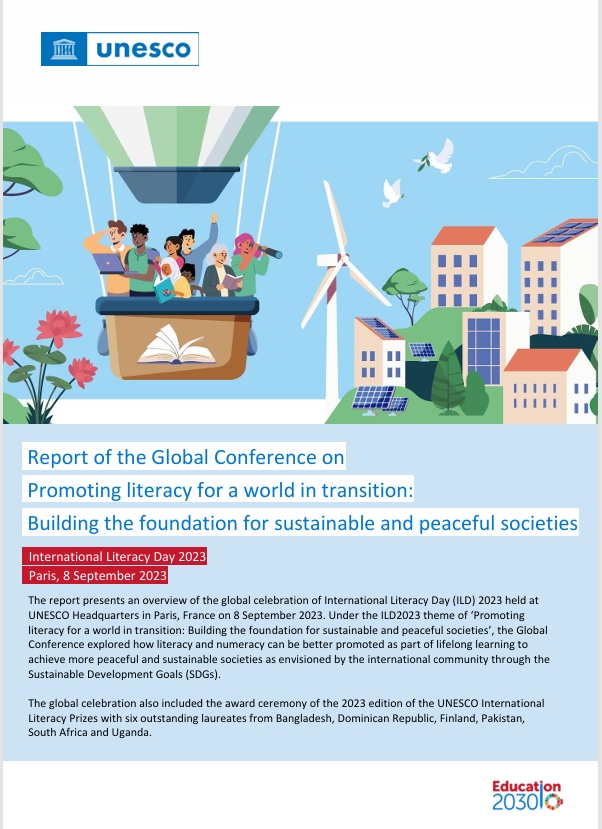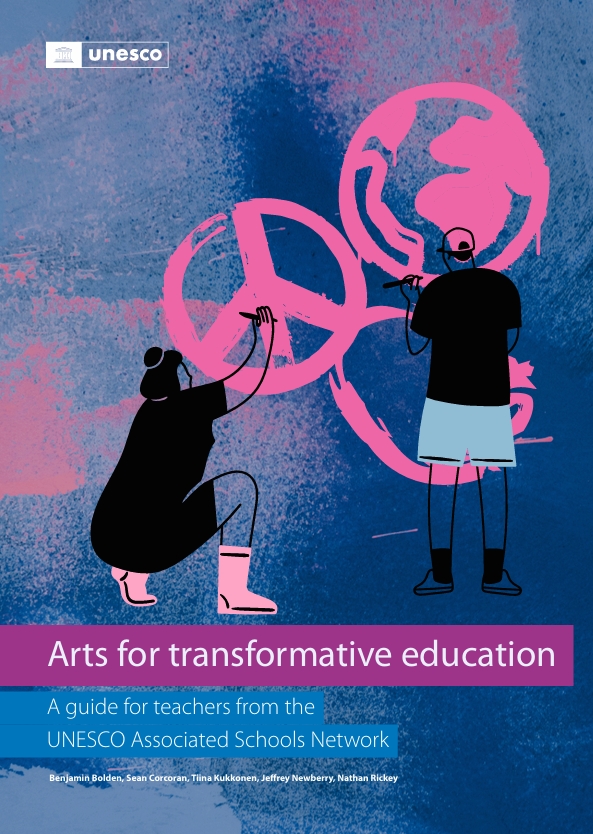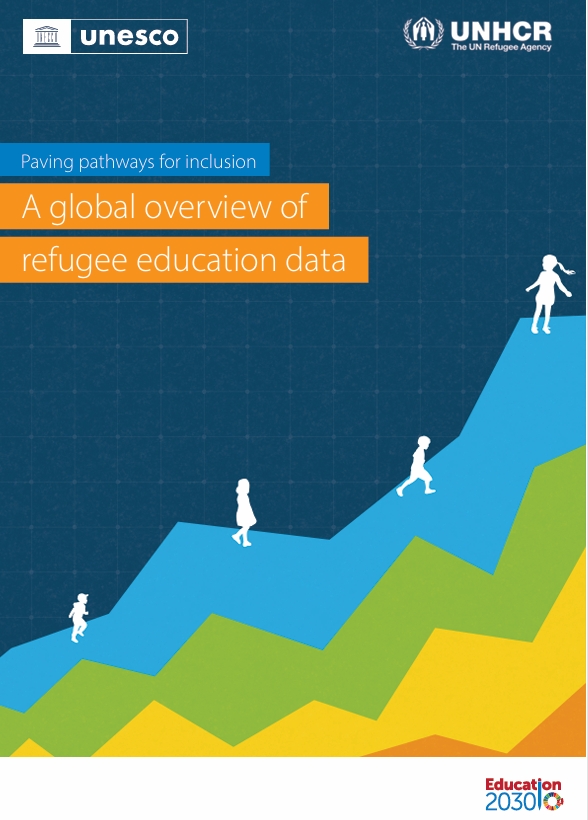By Muzammil Ferozi | 12 February 2018
KARACHI: The mega literature celebrations ended on Sunday as the 9th Karachi Literature Festival concluded with various interesting sessions.
Former Indian Ambassador Mani Shankar Aiyar, Amit Chaudhry and Anwer Maqsood were keynote speakers at the final day of the festival.
Speakers at a panel discussion on ‘Education of Girls: Perceptions & Realities in a changing Pakistan’ explored the crisis of education in Pakistan, especially for girls and its varying dimension.
Veteran actor Sania Saeed, Nadia Naviwala – Wilson Center Global Fellow and Freelance Writer, Sidra Saleem – MBBS & TCF Alumna 2009 and Zaitoon Kareem – Lecturer & TCF Alumna 2004 were among panellists. The session was moderated by Riaz Kamlani, VP at TCF.
Nadia shared some interesting statistics, mentioning that the positive news was that parents wanted their children – both boys and girls to get education. “In urban Punjab, there are actually more girls in schools than boys. However, the situation in rural areas is a bit different. One of the biggest reasons impeding girls education in rural areas is the issue of mobility.”
Sharing her thoughts, Sania Saeed said, “It is true that mobility is a major challenge in getting education for both boys and girls in the rural and remote areas of Pakistan; however, the discrimination still exists. Parents are more focussed on boys’ education than girls’ if they are given the choice. I think we are failing our children by not providing them education that is up to date. You need to educate a child at their level; education should encourage their dreams and aspirations instead of snubbing them.”
Another session on ‘Entrepreneurship today: Start-ups and Angel Investors’ was held. The session was moderated by Vaqar Ahmed. Nadeem Hussain, Amir Adnan and Hareem Bari participated in the discussion.
Amir Adnan said, “When I was growing up, this word didn’t exist. You’d either be a doctor or engineer, if you weren’t intelligent enough, you did commerce and if things are really bad, you go into arts.”
Nadeem Hussain pointed out that 65% of population was less than 25 years of age in Pakistan and there simply were not enough jobs. “We have to look towards entrepreneurship now otherwise we’ll lose our demographic opportunity.”
A book ‘Cityscapes of Violence in Karachi’ written by Nichola Khan was also launched on the occasion.
The session about ‘The Literary Traditions of Sindh’ was delayed but participants, including Jami Chandio, Syed Sardar Shah and moderator Izhar Soomro gave good company to the audience.
Jami Chandio said, “Most of the literary traditions are as dated as the language in which they are written. But unfortunately, we have no documentation of the earliest Sindhi literature. Our first records of Sindhi literature are from the Sumho Dynasty in the mid-11th century after the departure of Arabs from the region.”
“With the arrival of English in the subcontinent, Sindhi literature saw an explosion of new ideas and topics, borrowed from English, French and Russian literature,” said Chandio
Amin Hashwani had a conversation with Salman Ahmad in session Dil Dil, Boom Boom, Jazba Junoon: The Impact of Pop Culture on Pakistani Society and the World.
“Growing up as a teen in America, I was cut off from Pakistani culture, so the first Pakistani hit I heard was Nazia Hassan’s ‘Aap Jaisa Koi’. If I hadn’t seen her I wouldn’t have considered being an artist,” said Salman Ahmed.
He added, “We have to decide as a nation as to how we can define ourselves. We can’t define ourselves by our nuclear bombs. We should define ourselves with our soft power, our music, humour, fashion, food and film.”
Salam Ahmed performed live before the audience and he made an important announcement that Junoon will do a reunion this year.
Rosinka Chaudhuri spoke about Indian poetry in English where moderator was Ilona Yusuf and they discussed the reasons for marginality.
There was a very informative session regarding “Love thy neighbour” where speakers were former Indian Ambassador Mani Shankar Aiyar, Ashraf Jehangir Qazi and Asad Sayeed and moderator was Khalida Ghaus. They talked about bilateral relations between India and Pakistan.
Mani Shankar shared his experience that it was about 20-25 years ago that this sentence came to him that there was only one way to resolve India Pakistan issues and that was by uninterrupted and uninterruptible dialogue. “And I’m very proud and very sad that this phrase has been accepted as Pakistani policy but has not been accepted as the Indian policy.”
There was a another session tilted ‘Sneak Preview: Beloved Delhi : A Mughal City and Her Greatest Poets’ in which Saif Mahmood, Arfa Sayeda Zehra, Saif Mahmood and Sania Saeed participated.
Arfa said, “There are lots of poets in our country, but no one can ever be Ghalib,” adding: “I don’t think Urdu belongs to a group or a country rather the Mughals brought it with them.”
The closing ceremony of the KLF was followed by an enthralling dance performance by Shayma Kirmani and qawali performance by Saami brothers, which was widely acknowledged by the audience.
Source






